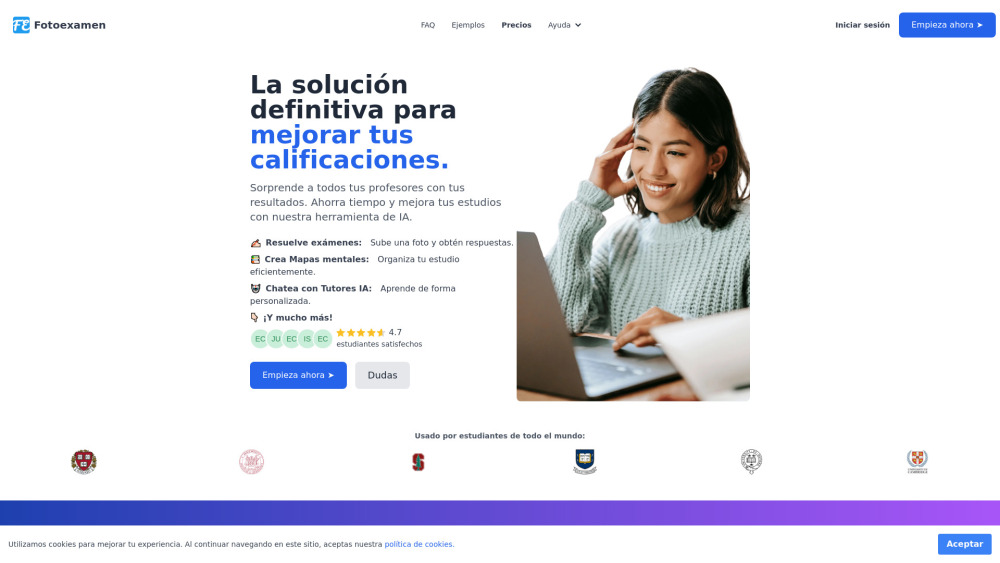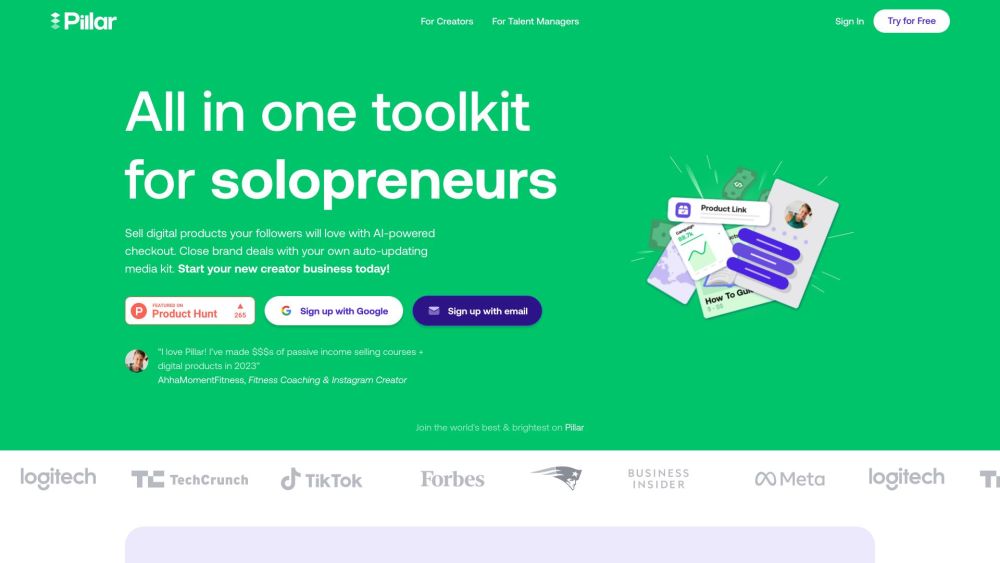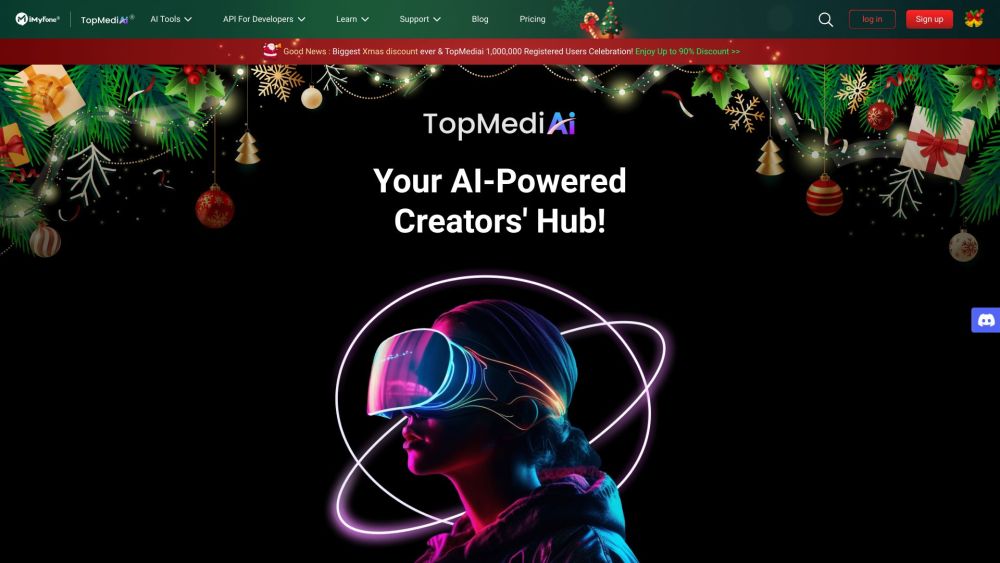Honeywell and Qualcomm have joined forces to create an artificial intelligence-powered multi-model intelligent agent for mobile devices. This collaborative effort aims to enhance interaction capabilities for customers and workers in distribution centers and retail environments. The AI agent, leveraging Qualcomm Technologies, allows seamless engagement through voice commands, images, and barcode scanning. Honeywell envisions this agent streamlining tasks, providing quick responses, and improving efficiency. It can help users with inquiries about product availability, locations, and assisting customers effectively. The expected launch of this AI agent, integrated through a software development kit, is slated for early next year.
On a separate front, Google Research has initiated a groundbreaking project in collaboration with fire community experts to deploy a dedicated satellite constellation named FireSat. This innovative system employs AI and satellite imagery to rapidly detect and monitor small wildfires, as compact as a classroom size. By providing real-time data on fire location, size, and intensity, FireSat empowers firefighters to respond promptly and effectively, especially in today's hotter and drier climates where wildfires are increasingly prevalent.
Additionally, a recent survey of CISOs from leading organizations highlights phishing attacks and deepfake-related fraud as the most significant AI-enabled threats facing businesses. A staggering 75% of CISOs identify phishing attacks, while 56% pinpoint deepfakes as major concerns. The rise in security budget allocations in response to these threats reflects a growing recognition of the importance of cybersecurity and risk management. Notably, Gartner projects a substantial increase in global spending on security and risk management, reflecting the evolving threat landscape.
In the realm of healthcare technology, Remidio Innovative Solutions has developed an AI-powered smartphone app for detecting diabetic retinopathy, a vision disorder that can lead to blindness in diabetic individuals. The app, Remidio Medios DR AI, coupled with a handheld retinal camera, offers remote screening capabilities in underserved regions without the need for extensive infrastructure. This innovative solution enhances access to critical healthcare services, especially in areas with limited resources, showcasing the potential of AI in healthcare innovation.
Furthermore, EY's CEO Outlook Pulse Survey sheds light on the disruptive influence of AI and emerging technologies on corporate strategies and outlook. Corporate leaders are increasingly recognizing the impact of disruptive tech, shifting consumer behaviors, and economic uncertainties on business operations. This evolving landscape underscores the importance of staying abreast of technological advancements, including AI, to navigate the complex challenges and opportunities in today's business world.




